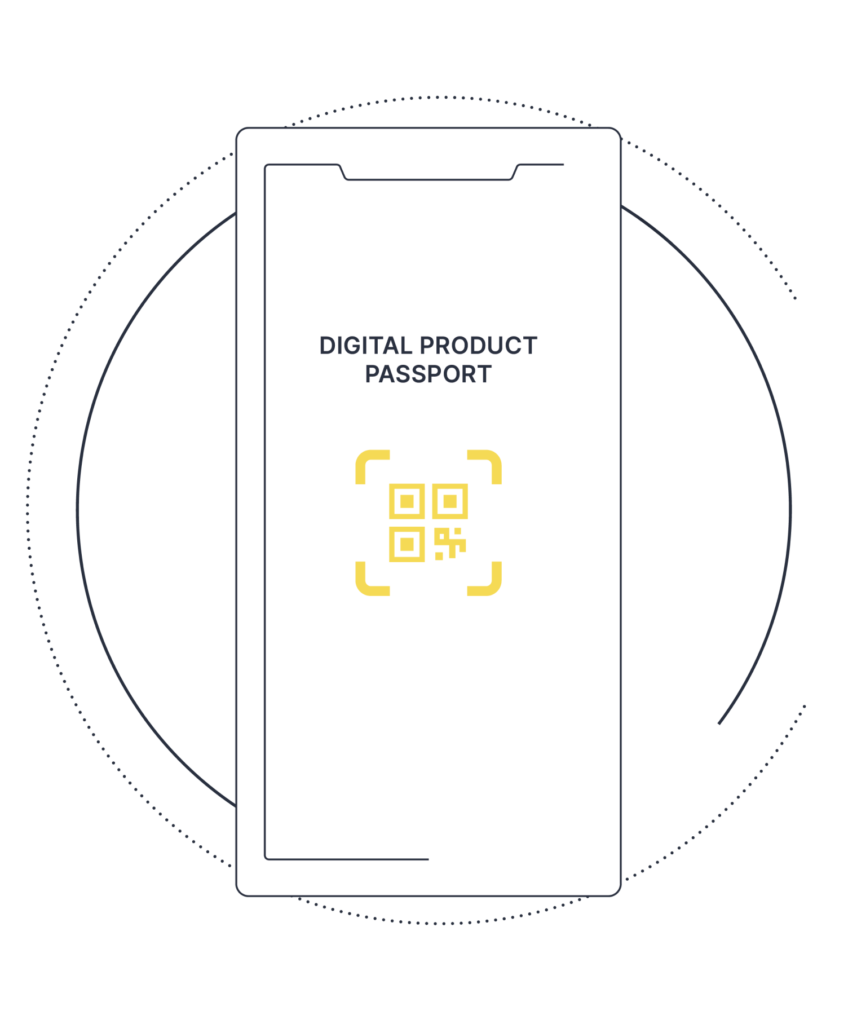How traceability and EU digital product passports support a circular economy for the fashion industry
Fast fashion, or the business of rolling out inexpensive, ready-to-wear clothes rapidly by major fashion brands, lacks green credentials and carries negative environmental connotations. But with digital traceability for sustainable fashion, the fashion industry can overcome these challenges. Mandates like the European Union’s digital product passports require it.
Cracking down on fashion brands and throwaway clothing
Textiles have the fourth highest impact on the environment and climate change. The European Commission’s new rules take aim at a fashion industry responsible for producing and selling increasingly disposable garments. Where do these fashion products end up? One estimate reports that about 70% of the UK’s used clothing ends up overseas. The clothing’s low quality prevents reselling. As a result, landfills receive tons of unwanted clothing and pollute rivers, beaches, and the ocean on a global level.

The average European throws away 11 kilos of clothes, shoes, and other textile-based goods each year. This is nothing compared to the 37 kilos of clothes Americans discard annually. Even if consumers tried to recycle all of their old clothing, many of these textiles are not recyclable at all, made from plastic, toxic chemicals, and other synthetic materials.
Clothing waste at this scale creates close to 16 million tons of garbage each year. Clothing manufacturers control the scope. They can use more ecological and natural materials. Strive not to overproduce. Stop overconsuming the resources required to manufacture an unneeded overabundance of clothing items and ensure reuse and recyclability. The fashion system today is not set up for sustainable development. But future fashion is circular fashion or slow fashion. It is characterized by sustainable materials, sustainable practices, recycled materials, and the will to change.
Making sustainability fashionable: Digital product passports
In the absence of legislation enforcing going greener, there is no incentive for clothing manufacturers to change. Fashion’s future consists of more sustainable brand initiatives, encouraged by growing consumer demand. Coming regulation, though, requires more sustainable fashion practices. Now, with the European Union’s proposal for sustainable and circular textiles, companies will have to include information about sustainability and recyclability on clothing labels. At the same time, the European Commission proposal introduces new standards for durability and reusability. It also bans the destruction of unsold clothing items.
By requiring verifiably durable, reusable, and recyclable clothing made from traceable materials, the EU is transforming fast fashion into an industry of reuse, repurpose, and sustainability. This transparency becomes a reality through digital product passports (DPPs) for textiles. DPPs will ensure that specific information about circularity, sustainability, manufacturing country, and sourcing are included with all textiles sold in the EU market. This will add clarity and transparency to the end-to-end textile journey and crack down on greenwashing.
Stitching together a digital product passport with traceability technology
This level of sustainability in fashion is possible through product digitization and traceability technology. A digital product passport is built on standardized data about each product, with traceability technology helping to stitch it together.
With traceability, every product is assigned a unique digital identity. This ID connects all relevant information to a specific item. A QR code on a clothing label leads to data on when, where, and how it was made. The digital passport contains its end-to-end journey, including everything consumers would need to know about reusing or recycling used textiles.
Get ready for more sustainable fashion
Most fashion and textile companies are already working toward a more sustainable, circular industry. By designing more circular products, and thinking about long-term use and active ways to reduce the overuse of resources and waste, the textile industry is getting ready for a more sustainable fashion ecosystem.

NEW white paper!
The Digital Product Passport Imperative – Is your business prepared?
